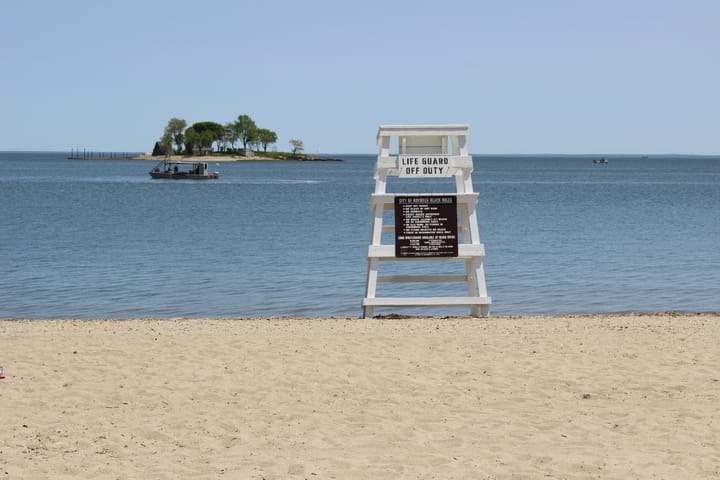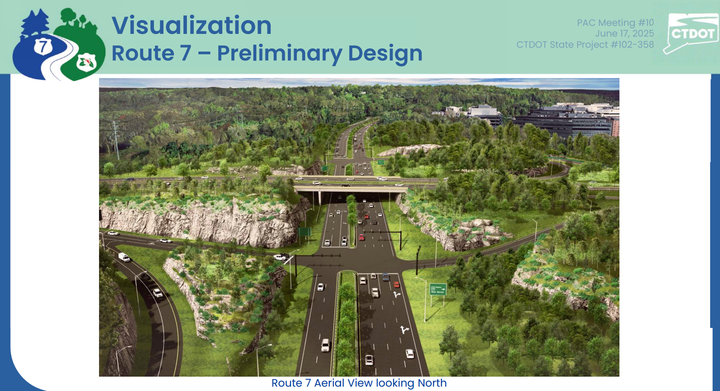Exploring Norwalk's ARPA Funds
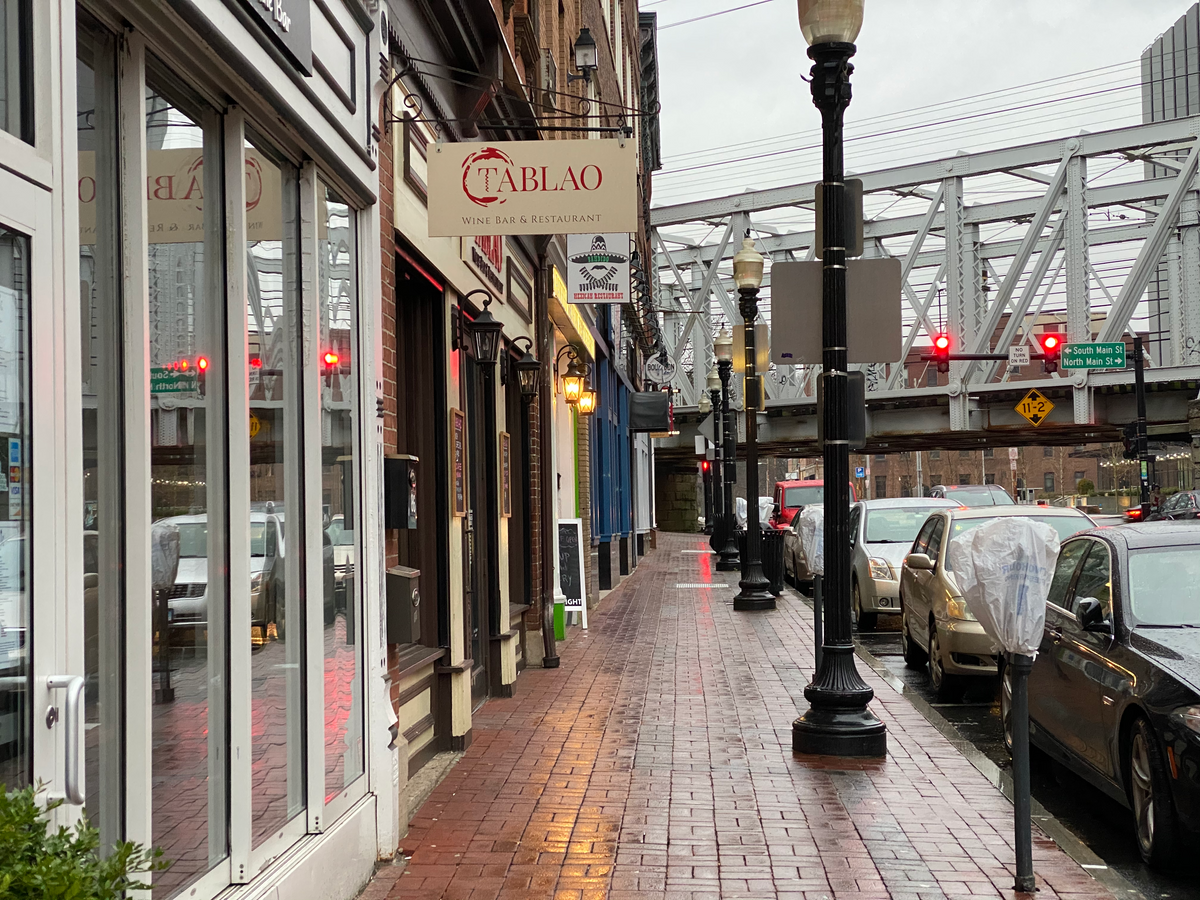
Norwalk has divided its plans for its more than $39 million in ARPA funds into three main categories: offsetting tax increases, investing in infrastructure and capital projects, and providing funding for community services, businesses, and nonprofits. Mayor Harry Rilling told the Common Council at its Oct. 12 meeting that this funding will go toward “helping the city of Norwalk through its recovery, helping businesses, helping individuals, helping nonprofits through this pandemic.”
Jessica Vonashek, the city's chief of community and economic development, said that the city reviewed many of the recent plans, public forums, and information sessions to develop their list of priorities for the city. She said that about 150 different priorities “have come out of those studies and outreach,” including tree planting, drainage, traffic and safety, crosswalks, mental health, quality of life issues, and addressing climate change. By combining ARPA funding with other state grants, Vonashek said the city hopes to address “about 90%” of those priorities.
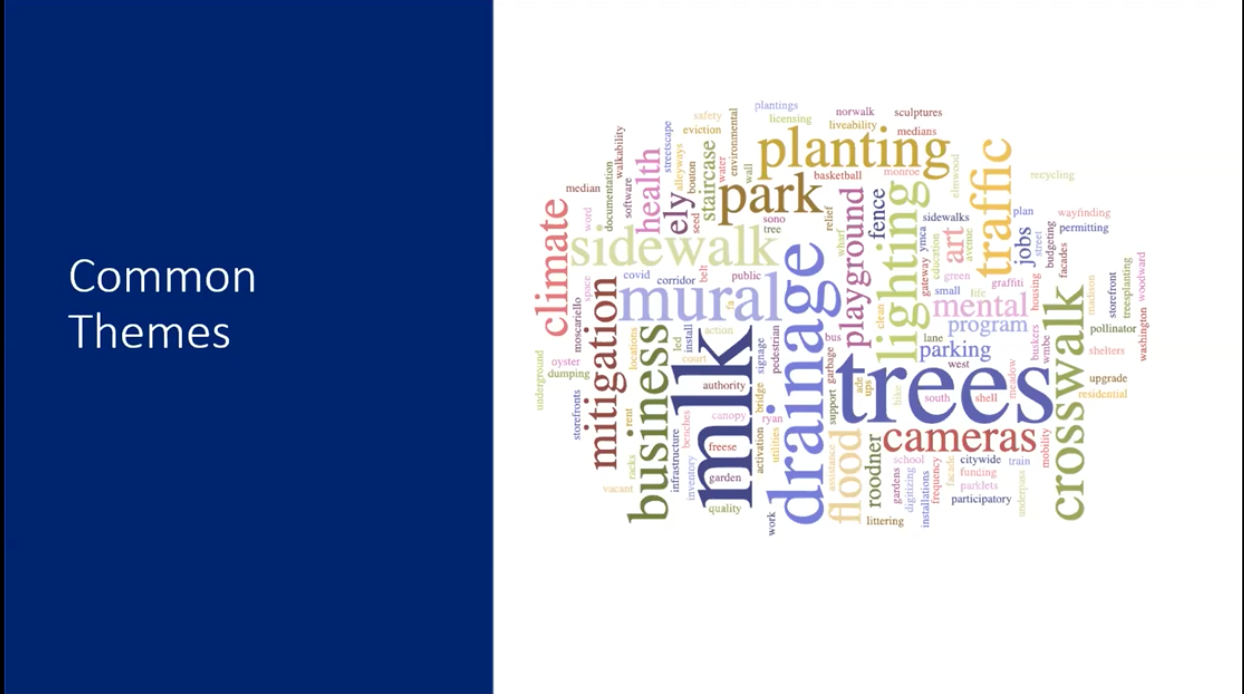
Here's how the funding in those categories breaks down:
Offsetting Tax Increases: $11.9 million
Chief Finance Officer Henry Dachowitz said that while the funds can’t be used to reduce taxes or fund pensions, the funds can be used to “offset increases,” or help the city not raise taxes. The city used $8.9 million to “offset” a tax increase on residents this current fiscal year, which started on July 1, 2021, and plans to use about $3 million next fiscal year to offset any increases.
Infrastructure: $15 million
The city has two main priorities for its infrastructure investments: addressing the impact of flooding caused by climate change through studying and upgrading the city’s storm sewer and drainage infrastructure; and exploring improved access to high speed internet access for residents.
Anthony Carr, the city’s chief of public works and operations, said that his department will be working to “mitigate not eliminate” flooding.
“We know storms are getting worse, we know it’s because of climate change,” he said. “We know that it’s trending in a direction where design standards need to change and the infrastructure needs to be improved.”
By using customer service data, historical flooding spots, on-site observations of flooded areas, and recent benchmarks from storms like Elsa and Ida this past summer, Carr said that he and his team have “a good sense” of where the flooding issues are in the city. The funding will be used toward pieces of projects that are already underway, such as the Dreamy Hollow Estates project that’s going out for bid, and new projects. Other areas could include the New Canaan/Ponus Avenue Watershed, Bouton Street, Lockwood Lane, Keely Drive, etc.
“We will do the best we can with the resources that we have—we’ve looked at all of the money we need, this is a great start,” Carr said.
Dachowitz said that they’ll be “exploring high speed internet for the entire city” as a way to “address the lack of accessibility and affordability.”
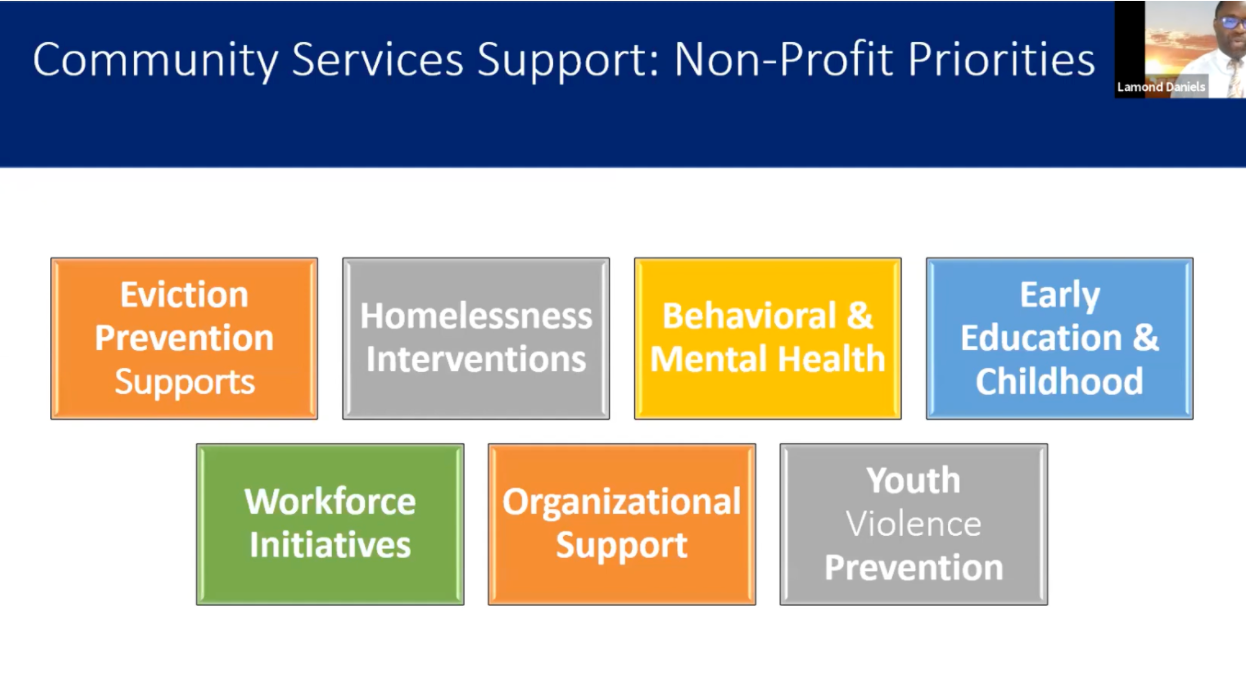
Community Services Support: $4 million
Chief of Community Services Lamond Daniels said that they’ll use $4 million to award grants ranging from $20,000 to $50,000 to help “support a strong and equitable recovery from the COVID-19 pandemic and economic downturn.” The funds must be used to support “communities, populations, and individuals in Norwalk,” and to “increase direct service capacity.”
Daniels said that there were seven key areas for nonprofits to focus on: eviction prevention, homelessness interventions, behavioral and mental health, early education, workforce initiatives, organizational support, and youth violence prevention.
Some of the funds will also be used to support the health department’s work with vaccinations, testing, contact tracing, and ventilation, as well as expanding the mayor’s summer youth program, library improvements, and continuing the family navigator program.
Small Business Support: $4.5 million
This funding will be divided up among:
- Small Business COVID Support
- Women and Minority Business Support
- New Business Support
- Wall Street Infrastructure Improvements
“We feel that it’s very important that we support small businesses and help them expand,” Vonashek said.
The Wall Street infrastructure improvements will include reconfiguring the layout of the street, particularly at the intersection of Wall Street and Belden, as well as putting in historical lighting, adding to the streetscape, and more.
Environmental Sustainability: $2 million
The city plans to add to its tree planting program, including increasing tree coverage and assessing its inventory, creating a climate action plan, and constructing sidewalks and other connectivity and mobility efforts.
Government Effectiveness and Efficiency: $1.5 million
The city plans to introduce new technology such as online permitting and licensing, going paperless, enhancing the public health data system, and providing a new customer service platform.
Next Steps
Each individual project will be brought before the Common Council through the most appropriate committee (such as the Public Works Committee for stormwater infrastructure) and then approved by the full body. Members of the public can weigh in on each project along the way.


